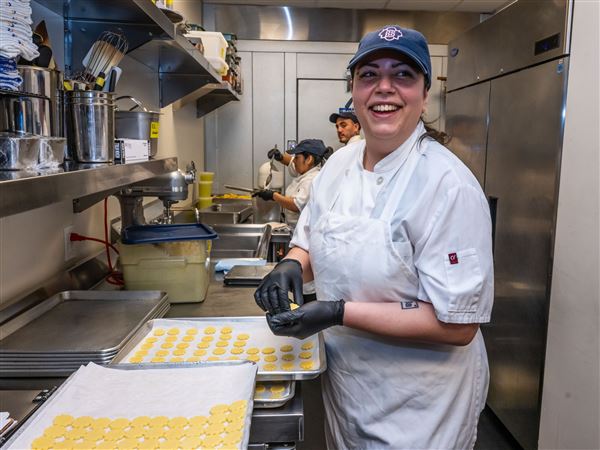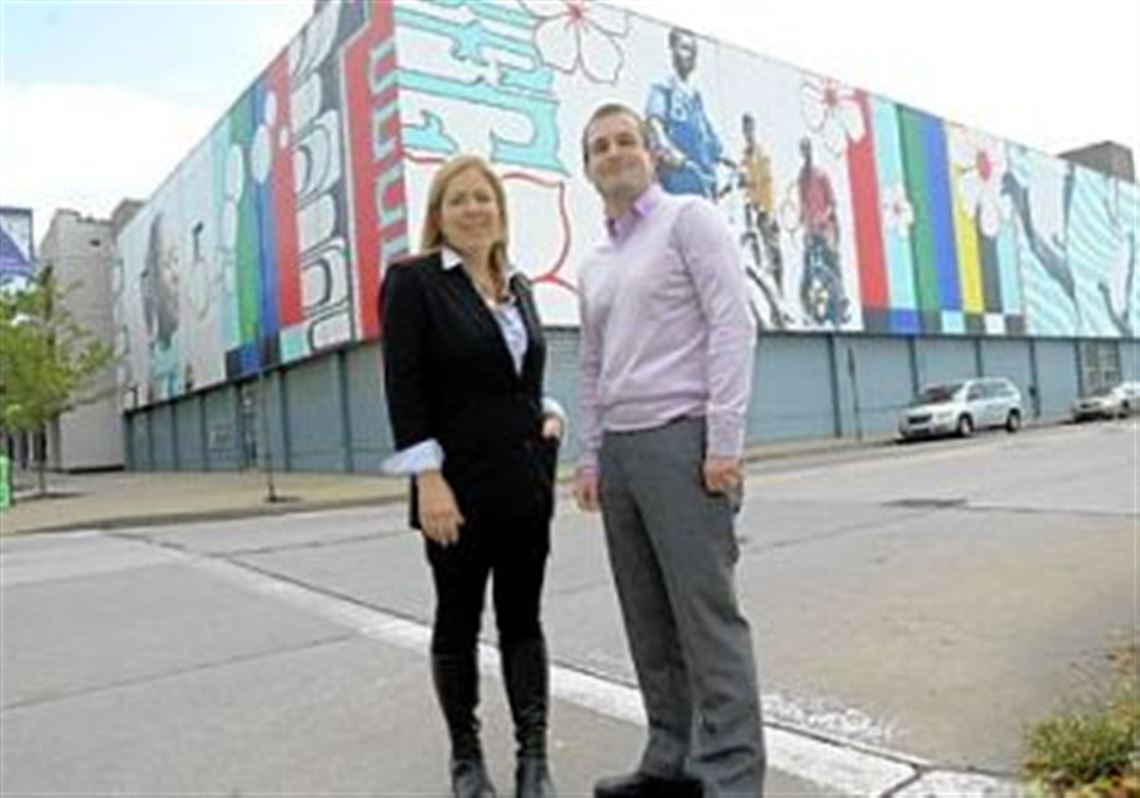Maybe you’ve already heard of the Makeshop at the Children’s Museum of Pittsburgh, where this week, children were building a beehive.
Perhaps you know about Carnegie Mellon University’s Create Lab, which empowers students to think of technology as a tool that can be used for social change.
Or possibly you’ve followed the Elizabeth Forward School District as it enhanced its classes with innovations ranging from game design theory to an interactive energy lab.
The Sprout Fund, a local nonprofit that supports innovative ideas and grassroots community projects, wants cities and regions across the country to be able to learn from these and other local ideas.
Today at the National Maker Faire at the University of the District of Columbia, the Sprout Fund will unveil a “Remake Learning Playbook” in partnership with a local coalition known as the Remake Learning Network, formerly called Kids+Creativity. The playbook is aimed at helping others build collaborative innovative networks for teaching and learning.
The National Maker Faire, which is expected to attract thousands of people, is part of the so-called maker movement. It puts an emphasis on creativity and making things rather than just consuming things.
The first version of the playbook will go online today at playbook.remakelearning.org. Matt Hannigan, co-founder, deputy director and vice president of the Sprout Fund, will make a presentation about it Saturday at the national event.
“These are starting points. To be useful, they have to be really authentic to the local practice,” said Cathy Lewis Long, co-founder, executive director and president of the Sprout Fund. “It’s like a recipe. It’s a guide. You might choose to add a little bit more salt or a little bit more vinegar.”
Today’s digital release will allow users to provide feedback. A later release, which will be revised based on the feedback, will include an advocacy kit and web app that allows users to build a game plan for their own learning innovation network. After that, full-length case studies will be released, followed by a print version of the playbook and a more developed web app.
Ms. Long said the playbook is based on lessons learned over nearly a decade. She said it provides tactics and stories, including 10 case studies. Some of the recommendations will be large and some small, such as the observation that having small conversations in small rooms gives more energy.
In addition to the Sprout Fund, some of the local organizations themselves are exhibiting or making presentations at the Maker Faire, including the Children’s Museum, the CMU CREATE Lab and the Allegheny Intermediate Unit.
The case studies in the Playbook include the Children’s Museum, the CREATE Lab, Elizabeth Forward and the transformED professional development program created by the Allegheny Intermediate Unit.
The case studies also include Assemble, a maker space in Garfield; the Children’s Innovation Project, which offers young children a chance to explore technology; Birdbrain Technologies, which produces robotics to help educators make coding and computer science accessible; the Digital Corps, which recruits mentors in digital literacy for out-of-school learning; the Labs, which offer teens creative technology opportunities at the Carnegie Library of Pittsburgh; and maker parties by Mozilla.
Education writer Eleanor Chute: echute@post-gazette.com or 412-263-1955.
First Published: June 12, 2015, 4:00 a.m.
















